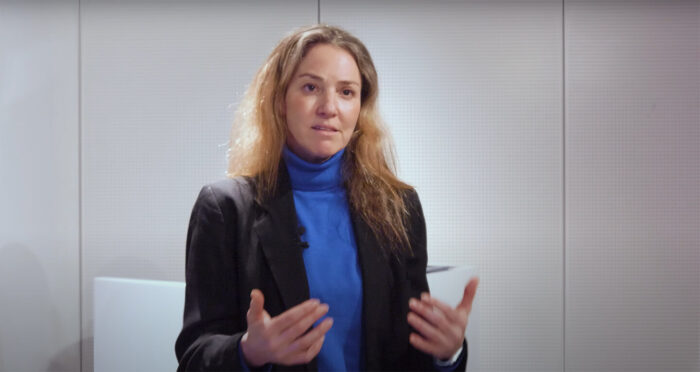In today’s world companies are adding more Artificial Intelligence (AI) services to their contact centers and sales teams, to help customers receive quicker answers to frequently asked questions and make an educated self-service smart purchase.
Chatbots and voice assistants are only as good as the data behind them. Meaning, if Google Home was not accessing Google, but some internal limited knowledge repository, the answers to questions would be limited. Customers would be less satisfied, and Google Home would be far less successful.
Lighthouse offers easy and quick connectivity to Chatbots like Facebook and Voice Assistants including Google Home and Amazon Alexa, allowing companies to be very flexible when they need to externalize information to self-service channels.
Since Lighthouse is so easy to integrate, ideally using Lighthouse API Library, it is possible to externalize knowledge on any device with Display or voice interface.
Use Cases We Can All Relate To
Utilities Industry
George is a 34-year-old investment consultant at BlueLight Bank of Brazil. His wife is program manager in the tech industry and the couple has 11-year-old twins. As you can probably imagine, George and his wife are very busy and they work many hours every day, and so they prefer to spend their time with the kids when at home.
George just bought a brand new smart KG refrigerator, but after 12 hours of being plugged in, the refrigerator’s display reads “Error 103”. To get this sorted, George would need to call KG tech support during their working hours 9am-7pm, while being physically near the refrigerator.
If KG had been using Lighthouse, the refrigerator display would provide an explanation of what “Error 103” means and offer simple troubleshooting instructions on how to restart the refrigerator operating system. If this were the case, George wouldn’t have had to contact the tech support team on this issue, his customer experience would have been improved, and KG’s interaction costs would have been reduced.
Retail industry
Samantha, a 28-year-old yoga instructor, recently bought a new SmarTrita water pitcher with special SmarTrita filters that need to be replaced either every 3 months or after every 150 liters of water filtered. In order to save customers time on the line with SmarTrita Customer Service or Googling instructions on how to replace a filter, SmarTrita is a smart IoT device that collects filter data and sends an SMS to Samantha’s phone when it is time to replace a filter. The SMS contains data on the filter usage and instructions from Lighthouse on how to replace the filter, plus a link to purchase a new filter with a special price for SmarTrita customers.
It is clear from the examples above, that an easy-to-integrate and smart Knowledge Base is crucial in a company that aims to provide innovative and fast service to its customers. In today’s rapidly growing IoT market, companies strive to have smart tools to support their smart products, externalizing structured data on any smart IoT device, Chatbot or Voice Assistant.



